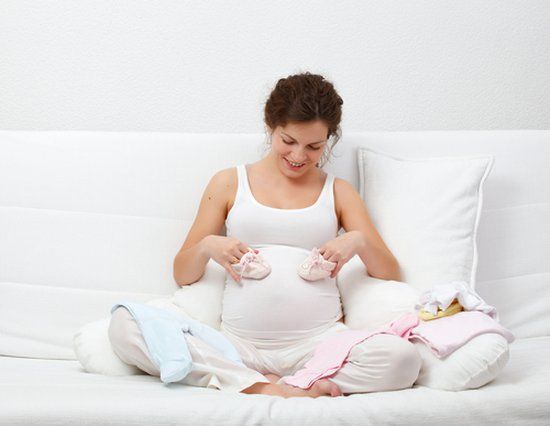The NHS IVF ‘postcode lottery’ was back in the news again recently, when an investigation by the Daily Telegraph revealed that almost a fifth of primary care trusts (PCTs) are offering single women IVF funded by the NHS.
It sparked huge debate, largely because in some areas of the country, single women can get NHS-funded IVF, whilst in other areas couples are being denied treatment simply because of where they live, or because of other criteria, such as one partner already having children from a previous relationship.
Some feel that the fact the NHS is prepared to pay for infertile single women to have children is writing fathers out of the picture completely, largely due to a change in the wording of the Human Fertilisation and Embryology Act in 2008, which changed the reference ‘the need for a father’ to ‘the need for supportive parenting’ when considering fertility treatment.
Clearly this was meant to reflect today’s society, where women in same-sex relationships and single women want to have families of their own. But some feel it’s unfair that single women can get NHS-funded IVF, whilst those in stable relationships can’t.
What is at the heart of this whole debate however is still the inequality of the NHS IVF system, regardless of personal circumstances or relationship status. Why is it that if you live in one area of the country you can get IVF, but cross the boundary into another PCT area and you won’t qualify?
If you have fertility problems – whether you’re in a same sex relationship, are a heterosexual couple, or a single woman – you should be able to access infertility treatment. Who’s to decide who is most worthy in these instances?
What’s needed here is more equality, and fair access to treatment for all. NICE guidelines, although they do not address the issue of same-sex couples and single women, specifically state that infertile couples should receive three cycles of IVF, but too many PCTs have ignored this to suit their budgets.
For more information about NHS-funded IVF, including how to write to your PCT, Infertility Network UK has useful resources.
Last updated: 20th January 2020



